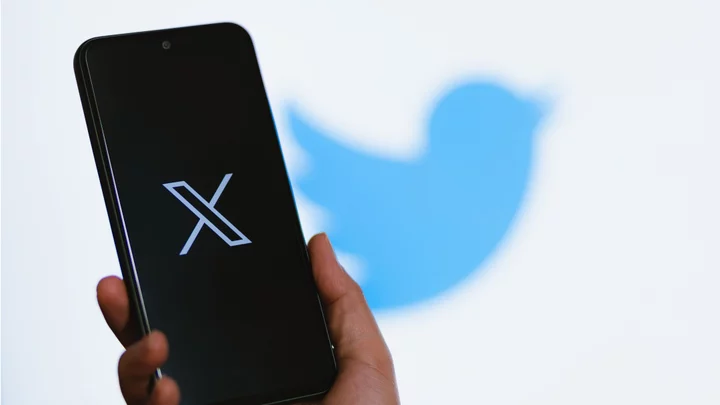This week Twitter’s rebranding to X had an unintended consequence: It triggered a Microsoft Edge security alert.
Microsoft Edge’s “Progressive Web App Icon Change” feature is designed to let users know if the app icon or name changes, which can often indicate a scam.
The issue was first noted on X by user @Flobo9, and reported by Bleeping Co
The feature was working exactly as intended. PWAs are a way to make websites offer an app-like native experience and can be added to your taskbar as an icon, just like any other app as well as be set to launch automatically under different scenarios.
Both Chrome and Edge have warned users when an app has changed its icon or name since 2021. The feature has to be first enabled by the user, and then alerts users that a web app might be trying to trick the user into thinking it’s a different app, and encourages them to uninstall it if they think that might be the case.
Twitter’s rebranding to X happened somewhat abruptly over the past week, so it’s not entirely surprising that it might flag some automated security concerns along the way.
Last Saturday Twitter owner Elon Musk suggested that we would soon “bid adieu to the twitter brand and gradually all the birds” and issued a challenge for someone to post a logo for the rebranded site.
Since then, the company has changed the logo of the site as well as the logo outside the company’s headquarters in San Francisco. It has also taken over the Twitter handle @X from a user that has held it for the past 16 years and transferred all of @Twitter’s followers over to that account.
In April Musk merged Twitter into X Corp, effectively ending the company. Musk has said he plans to transform the company into an “Everything” app that will offer more than tweets which, of course, and now called X’s.









